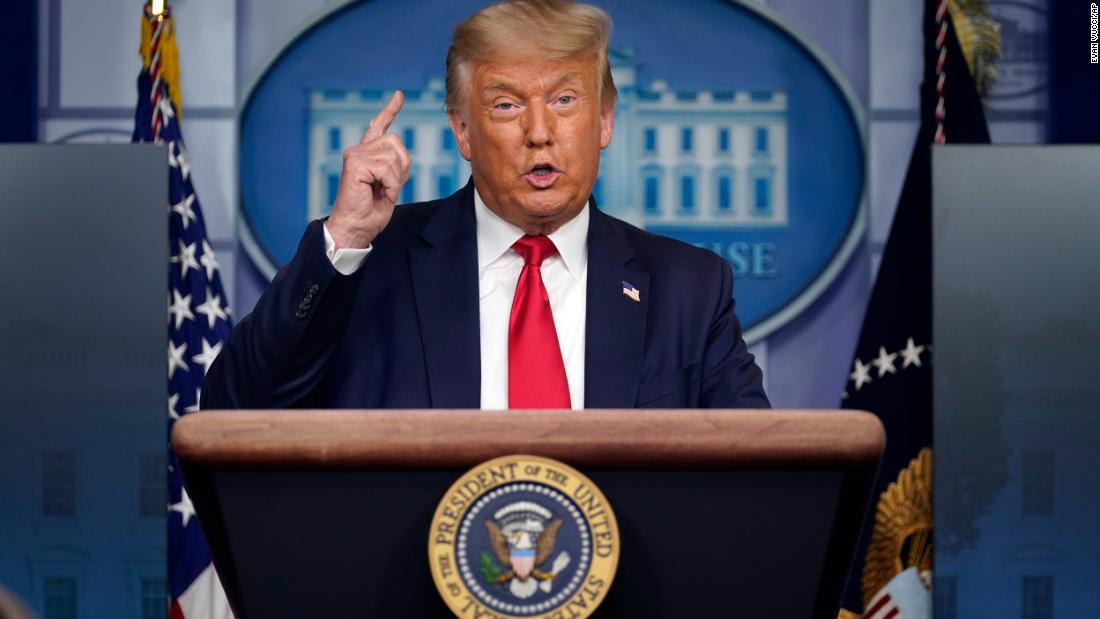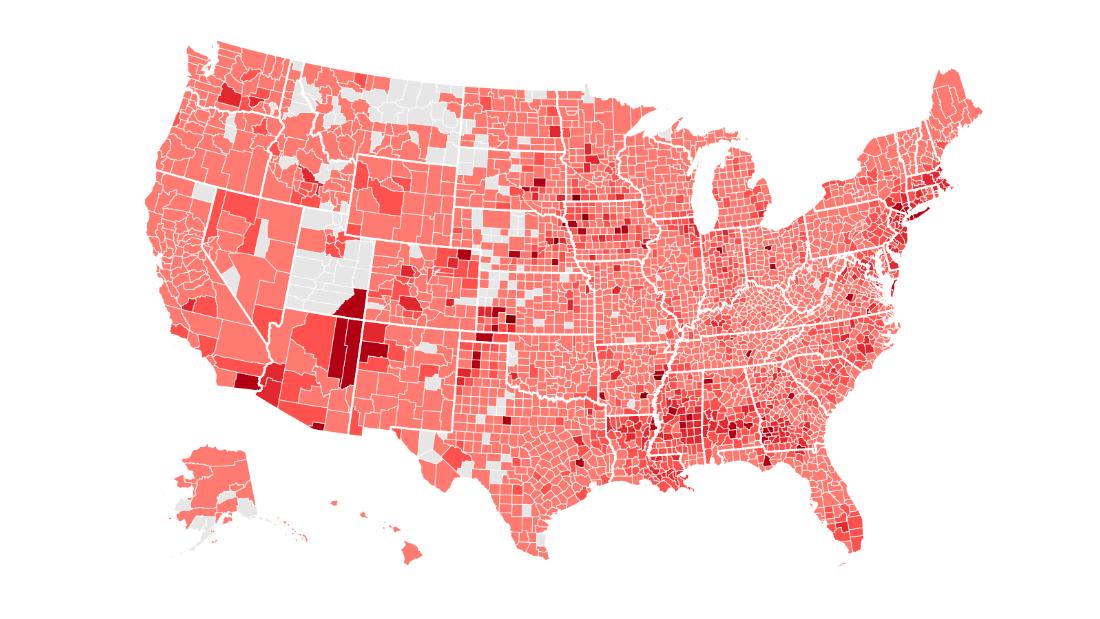Covid-19 pandemic is "one big wave," WHO says
From CNN's Niamh Kennedy
Covid-19 is spreading in "one big wave" and is not affected by seasonal trends, according to World Health Organization (WHO) spokesperson Margaret Harris.
Coronavirus spikes recorded in European countries recently have typically been described as second waves.
But Harris characterised the virus as "one big wave" that "is going to go up and down a bit," while addressing a virtual press briefing in Geneva Tuesday.
She also said Covid-19 did not appear to follow the seasonal trends of viruses such as influenza.
“People are still thinking about seasons. What we all need to get our heads around is this is a new virus and…this one is behaving differently."
The WHO spokesperson also warned against complacency, while speaking to Irish radio station Newstalk Tuesday.
"People unfortunately interpreted the ending of lockdowns as the ending of outbreaks," she said, adding that the easing of lockdown was "the time when you really have to be most vigilant."
"People relaxed and we're seeing these upticks," Harris said.
Coronavirus cases are rising in Germany, France and Spain, while spikes in Hong Kong and Australia have also been recorded.
Harris said the message to stay vigilant was a difficult one to deliver, especially to young people "in the middle of a lovely summer."
"You're only young once. It's easy for oldies like me to say stay at home. You've also only got one life and you've also only got one family," she said.
“What we do see is that in the European region there has been a slight uptick in new cases in the past couple of weeks," WHO regional director for Europe Hans Kluge, said during an interview with BBC Radio 4 Wednesday.
“Whether this is a first wave or a second wave -- what we do know is that it’s a consequence of change in human behavior.”
The official also noted that the WHO had received reports "from civil and health authorities of a higher proportion of new infections among young people."
Kluge said he was "cautiously optimistic" about the virus but warned that the pandemic was "not going to fade away anytime soon."
UK minister says there is "no silver bullet" for testing to allow quarantine-free travel
From CNN's Nada Bashir in London
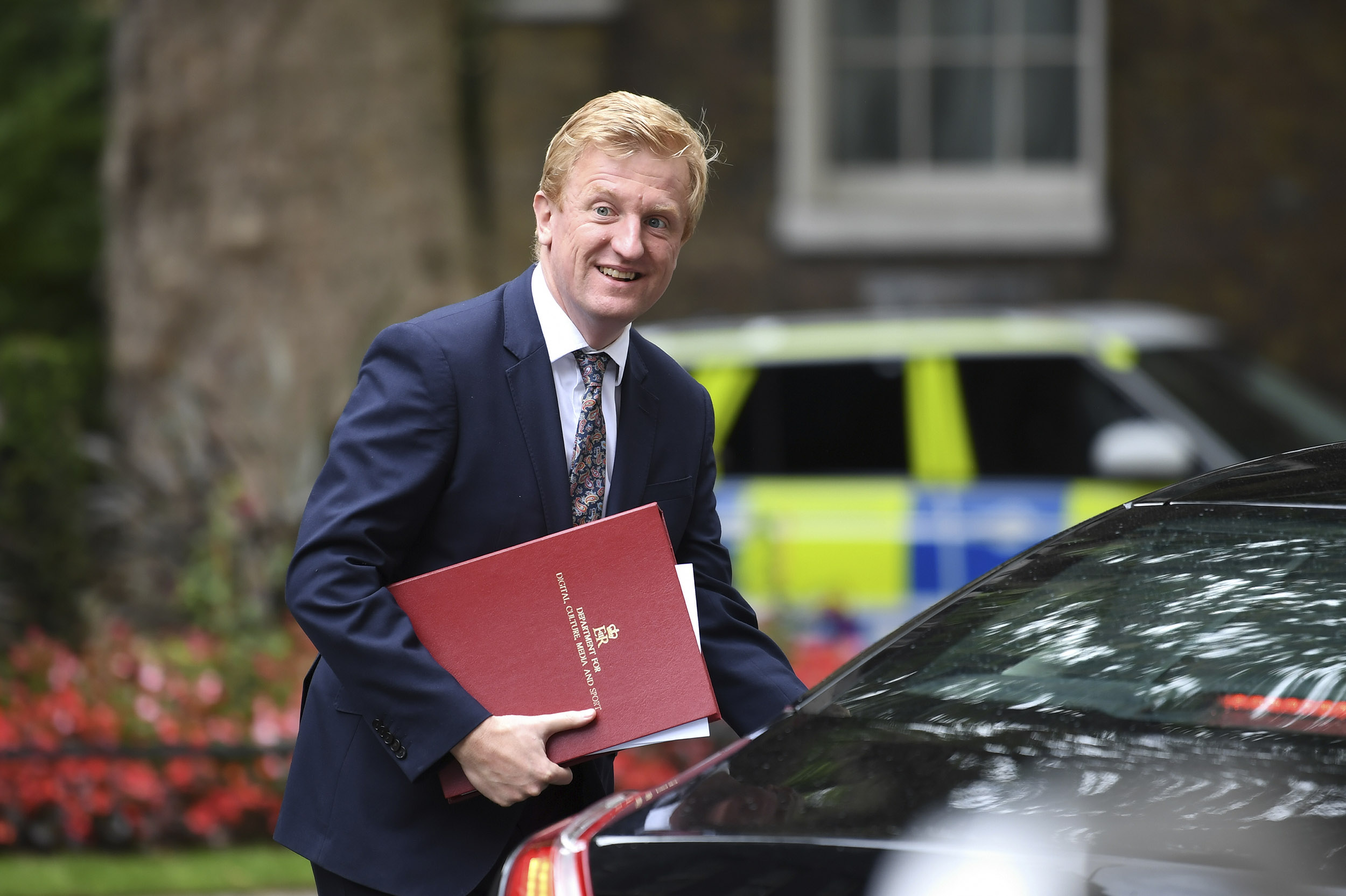 Digital, Culture, Media and Sport Secretary Oliver Dowden departs 10 Downing Street, in London, England, on July 15.
Digital, Culture, Media and Sport Secretary Oliver Dowden departs 10 Downing Street, in London, England, on July 15. There is no "silver bullet" on testing to allow British citizens to travel without potentially having to quarantine on return, UK Culture Minister Oliver Dowden said Wednesday.
“We want to keep our economy open, we want to keep the disease under control -- we have to take these measures,” he added.
Dowden’s remarks come days after the UK government announced that it would remove Spain from its list of countries that residents can safely visit, sparking criticism from both the Spanish government and British travelers.
“We have to act in a way to keep the virus under control in this country. It was rising in Spain, and we had to ensure that we didn’t import cases,” Dowden said.
“If there are ways in which we can ease the burdens, we will do that, but at the moment the safest thing to do is for people to quarantine for 14 days if they are returning from Spain,” he added.
It's just past 9 a.m. in London and 1:30 p.m. in New Delhi. Here's the latest headlines
Nearly 16.8 million cases of the novel coronavirus have been recorded worldwide, including more than 660,000 deaths, according to Johns Hopkins University.
Here's the latest updates on the Covid-19 pandemic from around the globe:
This post was updated to reflect the US death count.
South Korea will impose strict control measures on Russian crew members from August
From CNN's Gawon Bae in Seoul
South Korea is imposing tighter controls on Russian crew members intending to dock in its ports from August 3, according to the country's Ministry of Health and Welfare.
Starting from the beginning of August, Russian crew members will have to submit coronavirus test results to Korean authorities 48 hours before departing for South Korea.
In July, 44 crew members of a Russian vessel tested positive in South Korea's southeastern port of Busan. An additional 10 local infections were linked to the cluster, according to the Korea Centers for Disease Control and Prevention.
South Korea detected 48 new coronavirus cases on Tuesday, including 14 local infections, increasing the total to 14,251, according to the health ministry. The death toll remained at 300.
A total of 882 people are in active quarantine, while 13,069 have recovered so far.
UK signs deal to secure 60 million doses of potential coronavirus vaccine
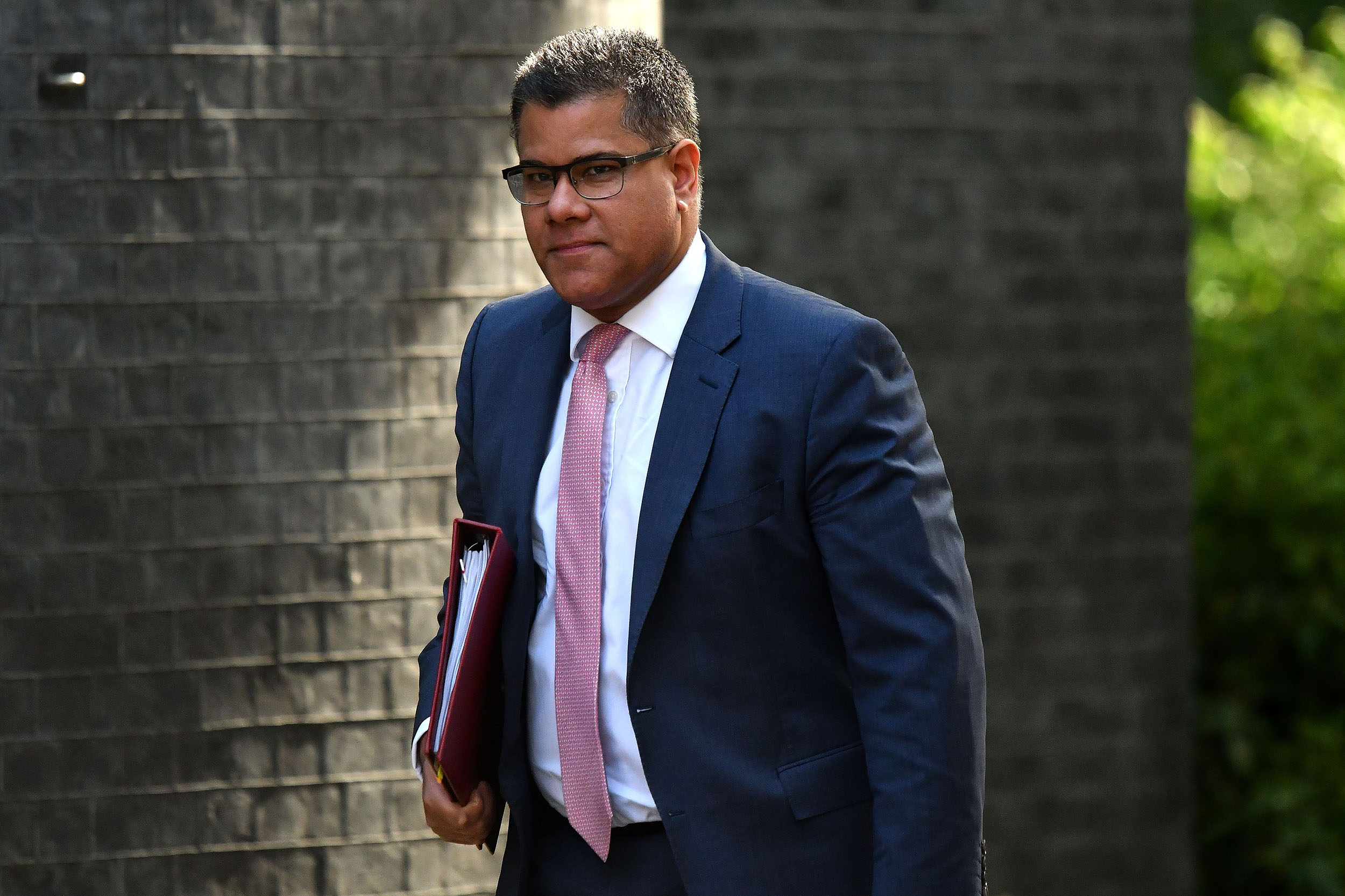 Britain's Business Secretary Alok Sharma arrives in Downing Street in London, England on June 2. Justin Tallis/AFP/Getty Images
Britain's Business Secretary Alok Sharma arrives in Downing Street in London, England on June 2. Justin Tallis/AFP/Getty ImagesThe British government has signed a supply deal to secure up to 60 million doses of a potential coronavirus vaccine currently being developed by pharmaceutical giants Sanofi and GlaxoSmithKline.
“The agreement with GSK and Sanofi Pasteur, which combined have the largest vaccine manufacturing capability in the world, will supply the UK with 60 million doses of their COVID-19 vaccine, which is based on existing DNA-based technology used to produce Sanofi’s flu vaccine,” the statement added.
According to the government, this latest deal could allow priority groups to be vaccinated as early as summer 2021, should the Sanofi and GSK vaccine candidate prove effective in human studies.
“Our scientists and researchers are racing to find a safe and effective vaccine at a speed and scale never seen before. While this progress is truly remarkable, the fact remains that there are no guarantees,” Business Secretary Alok Sharma said Wednesday.
“In the meantime, it is important that we secure early access to a diverse range of promising vaccine candidates, like GSK and Sanofi, to increase our chances of finding one that works so we can protect the public and save lives,” he added.
Diversified access: The UK government has now signed deals to secure access to four potential vaccines being developed, totaling 250 million doses.
“Through this agreement with GSK and Sanofi, the Vaccine Taskforce can add another type of vaccine to the three different types of vaccine we have already secured,” the chair of the government’s vaccines task force, Kate Bingham, said.
“This diversity of vaccine types is important because we do not yet know which, if any, of the different types of vaccine will prove to generate a safe and protective response to Covid-19,” she added, cautioning that the UK must not be complacent or overly optimistic.
Trump undermines his pandemic response with more misinformation and self-obsession
Analysis from CNN's Stephen Collinson
US President Donald Trump's return as the face of the Covid-19 response has deteriorated into a misinformation masterclass that explains why America is in such a mess.
In an extraordinary performance Tuesday, as the daily death toll again soared toward 1,000 and the number of Americans dead approached a tragic milestone of 150,000, Trump again forswore the most basic requirements of national leadership in a crisis.
At a White House briefing that turned almost into a parody of his own mismanagement of the pandemic, he complained that the government's top infectious diseases expert, Dr. Anthony Fauci, had better approval ratings than he did.
He painted a misleading picture of a viral surge still raging across Southern and Western states that is showing new signs of spreading deeper into the heartland, saying large portions of the country were "corona-free."
And he launched a stunning new pitch for hydroxychloroquine, the anti-malaria drug beloved by conservative media but that has not been shown in rigorous clinical trials to be an effective treatment for Covid-19.
Given the trail of sickness and death that has unfolded in recent months, it was bizarre though not surprising that the President would return to the controversy over hydroxychloroquine. On Monday night, he retweeted videos describing hydroxychloroquine as a "cure" that meant Americans didn't need to wear masks.
Read the full analysis:
Monkey study indicates good news for Moderna's experimental coronavirus vaccine
From CNN's Maggie Fox
 A view of Moderna headquarters in Cambridge, Massachusetts on May 8. Maddie Meyer/Getty Images
A view of Moderna headquarters in Cambridge, Massachusetts on May 8. Maddie Meyer/Getty ImagesA study done in monkeys suggests Moderna’s experimental coronavirus vaccine might protect against severe disease and reduce the risk of passing the virus along to others.
Moderna started advanced, Phase 3 testing of its experimental vaccine in humans in the United States on Monday -- the fastest advancement ever of a new vaccine in the US. But the quick vaccine development process means the vaccine was not tested extensively in animals before moving on to people.
A team at the National Institute of Allergy and Infectious Diseases, which helped develop the vaccine, tested it in rhesus macaque monkeys. Then they infected the monkeys with the virus -- an experiment that would be difficult, ethically, to do in human.
Monkey tests: While the monkeys did become infected, the vaccine appeared to interfere with the spread of the virus in the animals, the NIAID team reported in The New England Journal of Medicine.
None of the monkeys that got the higher dose of vaccine had virus in their noses, either. That would suggest the vaccine might prevent the spread of the virus, even if people do get infected.
“This is the first time an experimental COVID-19 vaccine tested in nonhuman primates has been shown to produce such rapid viral control in the upper airway, the investigators note,” the researchers said.
“A COVID-19 vaccine that reduces viral replication in the lungs would limit disease in the individual, while reducing shedding in the upper airway would potentially lessen transmission of SARS-CoV-2 and consequently reduce the spread of disease,” they added.
The researchers note that it’s not at all clear that monkeys respond to the virus in the same way that people do. But they noted that the virus appears to replicate in the noses of the monkeys in much the same way as it does in people.
Also reassuring: One worry was that the vaccine might make the body overreact to a true infection later on, a response known as vaccine-associated enhanced respiratory disease. This didn’t happen in the monkeys, the researchers said.
India's coronavirus cases surpass 1.5 million
From CNN's Esha Mitra in New Delhi
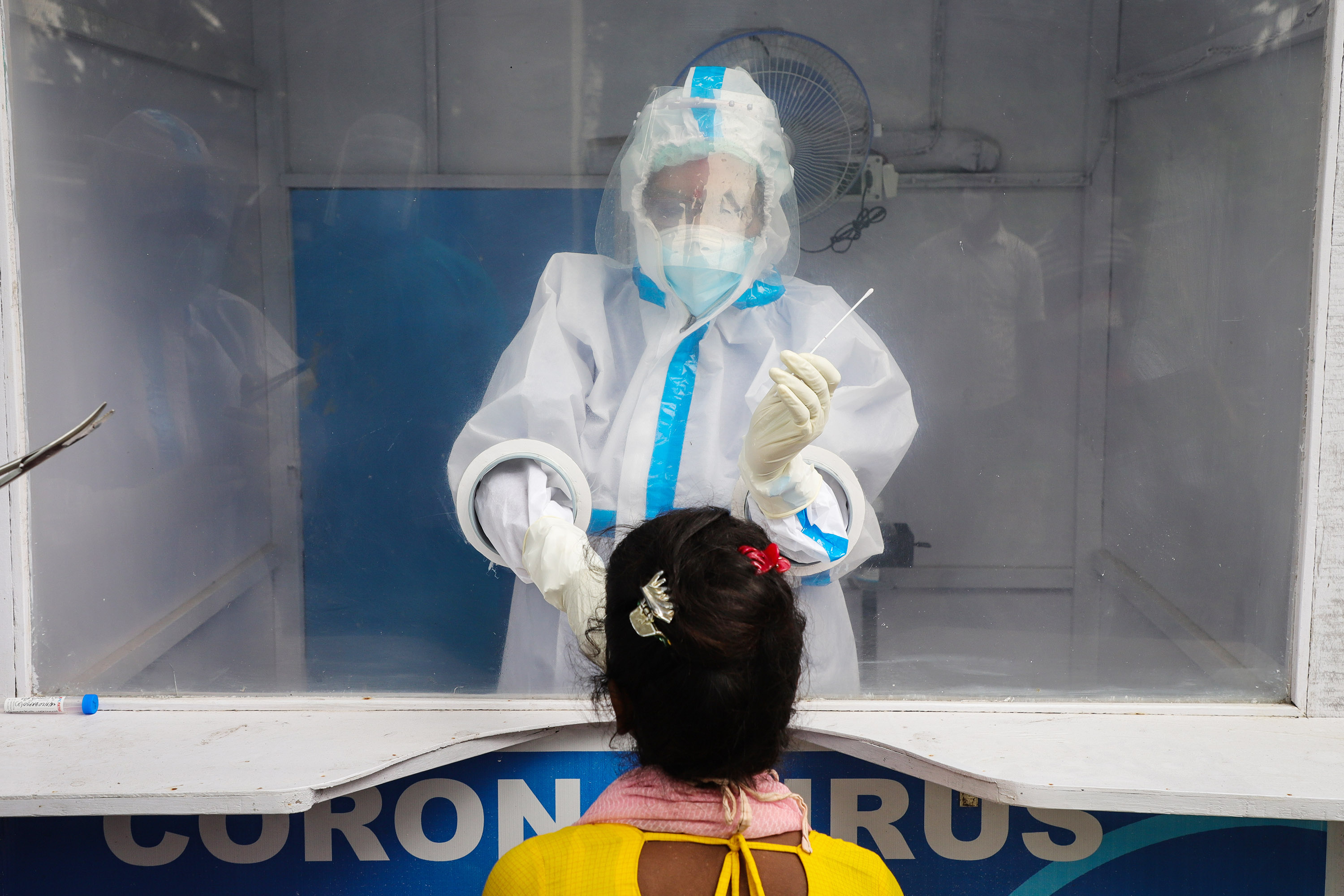 Health workers collect swab samples of people from inside a new Covid-19 testing kiosk in Kolkata, India, on Monday, July 28. Jit Chattopadhyay/Pacific Press/LightRocket/Getty Images
Health workers collect swab samples of people from inside a new Covid-19 testing kiosk in Kolkata, India, on Monday, July 28. Jit Chattopadhyay/Pacific Press/LightRocket/Getty ImagesIndia's total number of coronavirus cases surged past 1.5 million on Wednesday, according to the Indian Ministry of Health and Family Welfare.
India hit a million cases of coronavirus on July 17, six months after its first infection was discovered on January 30. Since then, it took just 12 days to record another half a million cases.
As of Wednesday, India has reported a total of 1,531,669 cases -- the third highest in the world, after the United States and Brazil. The total includes 34,193 deaths.
The country had conducted 17,743,740 coronavirus tests as of July 28. It currently has 509,447 active Covid-19 cases.
Recovered patients: Some 988,029 people have recovered from the virus, according to the Indian Ministry of Health and Family Welfare.
In India, patients with mild and moderate symptoms are considered no longer active after 10 days of symptom onset if they meet certain conditions. A test to confirm that they no longer have the virus is not required. Severe cases can only be discharged after one negative coronavirus test.
US reports more than 61,000 new Covid-19 cases as death toll nears 150,000
From CNN's Joe Sutton in Atlanta
At least 61,660 new coronavirus infections and 1,244 virus-related deaths were confirmed in the United States on Tuesday, according to Johns Hopkins University data.
The US' cumulative case count now stands at 4,351,997, including 149,256 fatalities, according to JHU.
The totals include cases from all 50 states, the District of Columbia and other US territories, as well as repatriated cases.
CNN is tracking US coronavirus cases here:

 5 years ago
514
5 years ago
514 